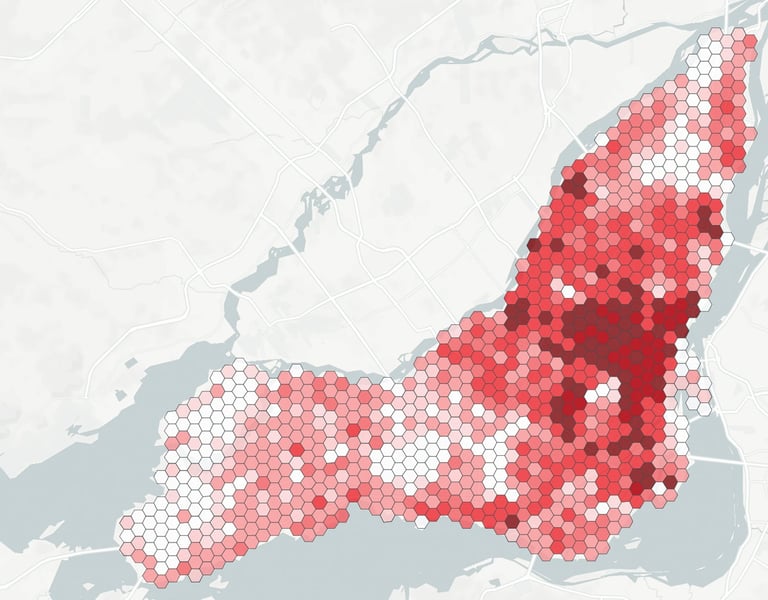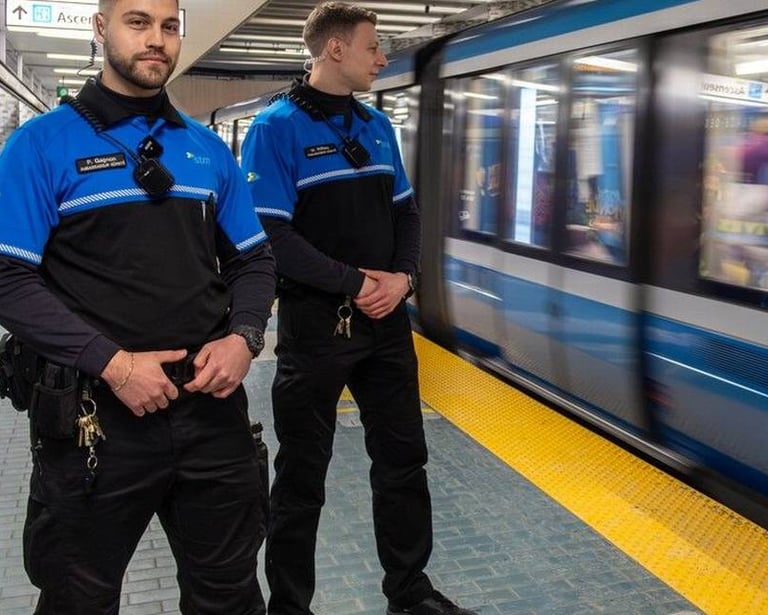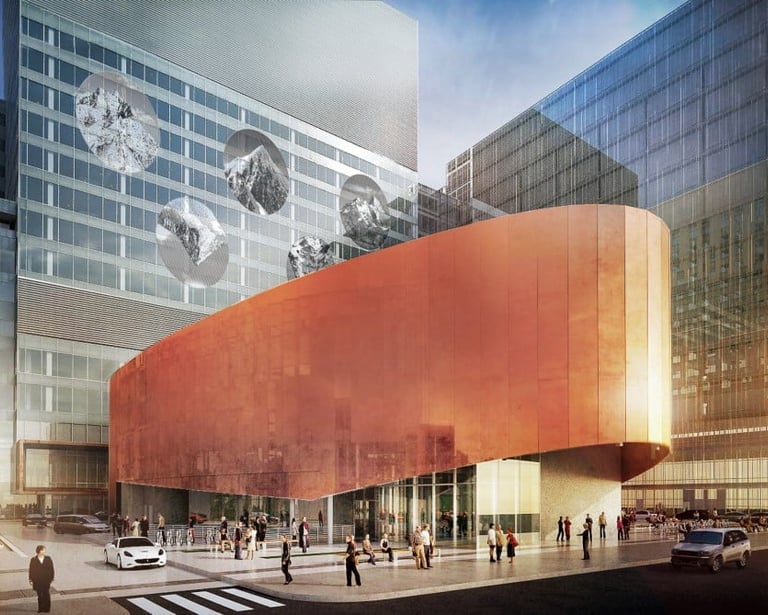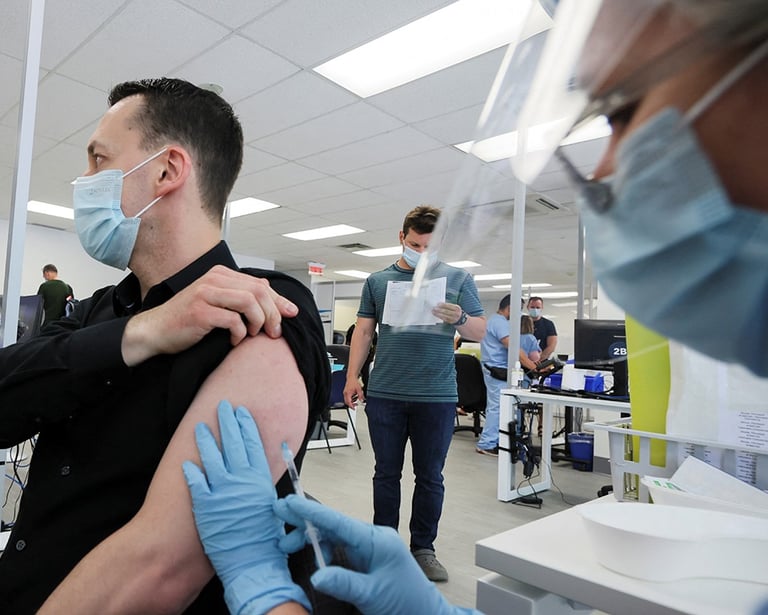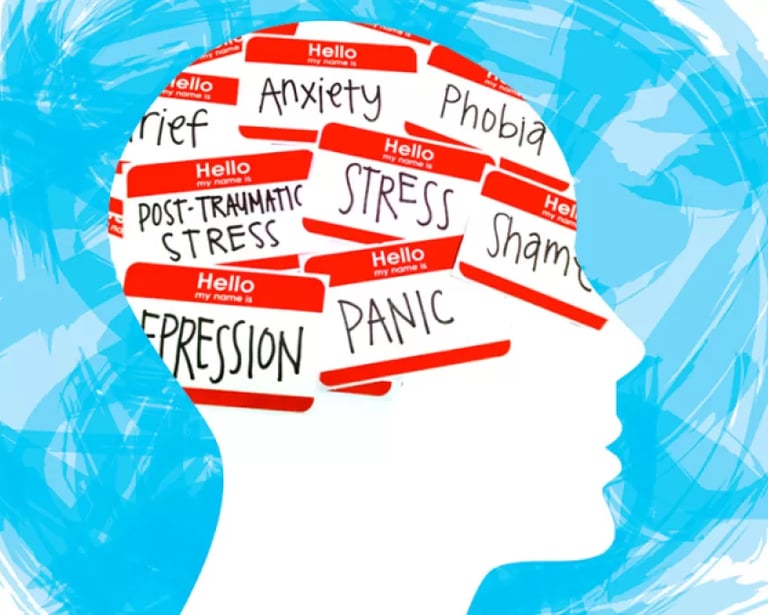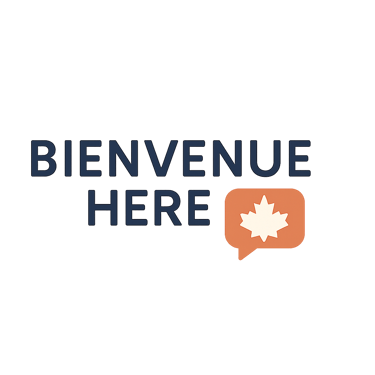🛡️ Safety & Security in Montreal and Québec
1. Introduction & Overview
Montreal and Québec cities consistently rank among North America’s safest metropolitan areas—but welcome advice still matters! In this guide, we’ll explore:
📍 Neighborhood safety: where to live, where to avoid
Crime rates and how they compare nationally
Practical daily safety tips: walking, public transit, nightlife
Emergency services, reporting crime & community supports
2. Citywide Safety Snapshot: Montréal & Québec
Low violent crime rate: Incidents involving violence are rare in most districts.
Property crime more common: Think bike theft, car break‑ins in tourist or transit parking areas.
Petty scams: Wallet distractions on busy streets & pickpocketing near festivals or transit hubs.
Seasonal variations: Summer event zones (e.g., Plateau, Old Montreal) see higher petty crime, while winter brings slipping hazards on sidewalks and roads.
3. Neighborhood Guide: Where to Be Mindful
🌇 Montreal
Very Safe:
Westmount, Outremont, Côte‑des‑Neiges : quiet, residential, low crime
NDG, Rosemont, Plateau Mont-Royal (daytime) : lively yet secure
Caution Spots:
Downtown core after midnight : fewer people, nightlife spillover
Parc-Extension, Hochelaga-Maisonneuve : around public transit, keep valuables out of sight
St-Henri night scenes : vibrant with bars, but drink responsibly and stay alert
🌃 Quebec City
High Safety Zones:
Vieux-Québec, Saint-Roch : active tourist/historic areas with regular police presence
Sainte-Foy, Sillery : residential hubs with quiet streets after dark
Stay Watchful:
Bus terminal zones in early morning or late evening : avoid loitering
Outskirts with less foot traffic : drive-in neighborhoods, limited night lighting
4. Essential Safety Tips
a) Walking Around
Choose Main Streets: Stick to tree‑lit, populated avenues—ride out along Sherbrooke or Laurier instead of pitch‑dark shortcuts.
Phone Etiquette: Keep your device in your pocket/car—it makes you a target.
Stay Alert: Keep both earbuds off inside one ear; stay tuned in, especially at crossings.
b) Public Transit
Avoid Empty Cars: Late-night, empty metro cars can feel lonely. Choose a car with passengers and aim for central spots with cameras.
Montreal BIXI: Lock it up properly with your U‑lock if leaving it in transitional zones (like metro stations).
c) Night Out Safely
Plan your exit early: Decide how you’ll get home before heading out—check RÉSO (underground city) maps or pre-book a ride.
Solo trips: Use the STM designated “safe stop” line and ensure your route is well-lit and frequented.
d) Emergency Numbers & Support
911 — for immediate police, fire, medical emergencies
514 280‑2626 (Montreal) or local non‑emergency police contacts
811 — Quebec’s info‑health line (Info-Santé) for urgent but non-emergency medical advice
5. Navigating Crime — What to Do If…
🔹 Pickpocketed or Theft
Report to the police (online or station—not just over the phone).
For transit theft, also alert STM staff immediately.
Cancel credit cards & track movement in Montreal police’s “track stolen property” section.
Check local Community Affairs Branch (SPVM I, II, or IX) for hot zone info.
🔹 Slips and Falls (Winter)
Municipality ordinances require homeowners/property managers to clear snow and salt sidewalks.
Document injuries with photos and dates—this supports any city claims.
🔹 Public Harassment or Hate Incidents
You can report anonymously with SPVM or directly at a CAVAC (Victims Assistance Centre).
Use apps like SAIP (for police emergencies) or Québec mobile app for location‑based alerts.
6. Community Resources: Support in Action
Support Services
CAVAC: 무료/low-cost counselling & legal guidance for victims
YWCA Montréal’s Domestic Violence Hotline
8501 Laval, 1425 René‑Lévesque Condo: has neighborhood watch teams and safety app notifications
CTI (Intimate Partner Violence) — Refuge Hotline
Local Police Relations
Community Police Stations: host Q&A nights and drop‑in advice sessions
SPVM Événements: seasonal bike‑locking workshops near metro stations
Police Liaison (SPVM): Accompanies students back to campus during exams and patrolling at night
============================================================================
🏥 Healthcare in Québec: Key Essentials
1. Overview of the Québec Health System
RAMQ coverage: Free basic medical (doctor visits), hospital stays, emergency room visits—once you receive your carte d’assurance maladie.
Prescriptions & Specialists: Coverage depends on the patient’s situation—ask your family doctor (omnipraticien) how prescriptions are handled.
Dental & Vision Care: Not included—look into private supplemental insurance or employer group plans.
Walk‑in Clinics: Common, accessible with open hours; booking via apps like Clic Santé helps skip lines.
2. Getting Your Health Card (RAMQ)
Eligibility: PRs , once your immigration file is approved, you apply right away.
Required Docs: Passport, immigration papers, proof of Quebec residence
Wait Period: Approx. 3 months,you’ll be issued a temporary attestation to use during that time
Renewal: Every 2 years, notification arrives by mail; just update your address online.
3. Finding a Family Doctor
Québec is tackling doctor shortages—finding a doctor can take time.
GACO (Guichet d’accès à un médecin): centralized registry for family doctors. Sign up online or by phone.
CLSC (local community centers): Provide healthcare access even without a family doctor.
Émergencies in a pinch: Clinics of “première ligne” are walk-in clinics opened evenings/weekends.
4. Emergency & Urgent Care
Emergency Rooms: At CHUM, Jewish, Sainte‑Justine (for children). Triage priorities mean wait times vary—bring snacks, entertainment.
Urgent‑care Clinics (RUIS): Generally faster than ER for non-life-threatening issues.
On-call Services: After-hours physician access via 811 Info‑Santé.
5. Navigating Prescriptions, Referrals & Specialist Care
Family doctor referrals – To see a specialist (dermatologist, cardiologist, etc.), you must first visit your family doctor (omnipraticien) and obtain a referral.
Pharmacies – When you receive a prescription, visit any pharmacie (Pharmaprix, Jean Coutu, Uniprix). They can also provide over-the-counter advice.
Lab services – Diagnostic tests like blood work or imaging require a lab requisition. Book ahead via Clic Santé or phone.
RAMQ billing – These services are billed directly by providers to RAMQ—no out-of-pocket cost (except prescriptions and dental/vision).
🔎 Specialist Wait Times
Referral wait times vary widely—from same-day hearing tests to several months for orthopedics. Use Clic Santé or ask your CLSC for current wait estimates.
6. Vaccines, Public Health & Pandemic Preparedness
Routine Adult Vaccines – Québec offers free vaccines against influenza, tetanus/diphtheria, HPV (26-45), and COVID-19 boosters.
Childhood vaccines – Administered at CLSCs on standard schedules (MMR, polio, etc.). Parents receive reminders via the Québec vaccination registry.
Travel & Seasonal Shots – Private clinics (Clinique de Voyage Morin, Beaubien Vaccine Clinic) offer yellow fever, typhoid, etc., on a pay-per-service basis.
COVID-19 and flu seasons – Québec’s public health system launches annual campaigns in October–November. Pop-up vaccination clinics are common in malls and metro stations.
COVID-19 Preparedness
Quebec retains pandemic-response plans such as rapid testing kits for homebound and mobile vaccination pop-ups in hardship areas. Local CLSCs and Info-Santé (811) distribute status updates during health alerts.
7. Mental Health & Support Services
Accessing care – RAMQ covers psychotherapy by social workers working in publicly funded institutions like CLSCs. Psychologists usually charge privately ($120–$200/session).
Emergency / Crisis
Urgence psychosociale – available at hospitals and some CLSCs all day.
Tel‑Jeunes (514‑600‑1002) – free 24/7 phone and texting support for youth.
Suicide Action Montréal – 24-hour line: 1‑866‑APPELLE (277‑3553).
Local community care
Community mental health teams (CLSC santé mentale) offer free counseling and case management.
Non-profits (e.g., Centre Cambia, La Maisonnée) provide group therapy, substance abuse support, and specialized help (LGBTQ+, migrants).
8. Health Insurance While Waiting for RAMQ
What newcomers need – PRs may face a RAMQ waiting period of several months when arriving from outside Canada.
Interim solutions:
Private provincial health plans – options like Héritage/Manuvie start at ~$50/month per adult.
Trip insurance – some travelers insurances cover newcomers during waiting periods.
Employer or school plans – seasonal workers or students often get short-term coverage via their institution.
Tip: Purchase coverage for 90 days to avoid gaps—ideal since it coincides with expected RAMQ enrollment.
9. Translation, Accessibility & Cultural Mediation
Language barriers – Services are available in French; most clinics/hospitals also accommodate English speakers. Still, book ahead for English-speaking providers, or use MIFI-funded interpreters.
Cultural mediators – Some CLSCs and hospitals offer help from culturally knowledgeable staff for newcomers from communities like Haitian, Arabic, Punjabi, etc.
Accessible facilities – Major hospitals (CHUM, Jewish, CHU Sainte-Justine) have elevators, ramps, and staff to assist persons with reduced mobility.
✨ Safety Tips Wrapped in Health Context
Winter Falls – Wear boots with traction; carry traction cleats to reduce slip risks on ice.
Heatwaves & Air Quality – In summer, heat alerts can reach 30–35 °C with humidity. Stay hydrated, visit cooler public spaces (libraries, malls). During forest fire events, follow Environnement Québec for AQI updates.
Food Safety – Local markets follow provincial guidelines—but wash produce, cook meats thoroughly, especially game meats or shellfish from local waters.
